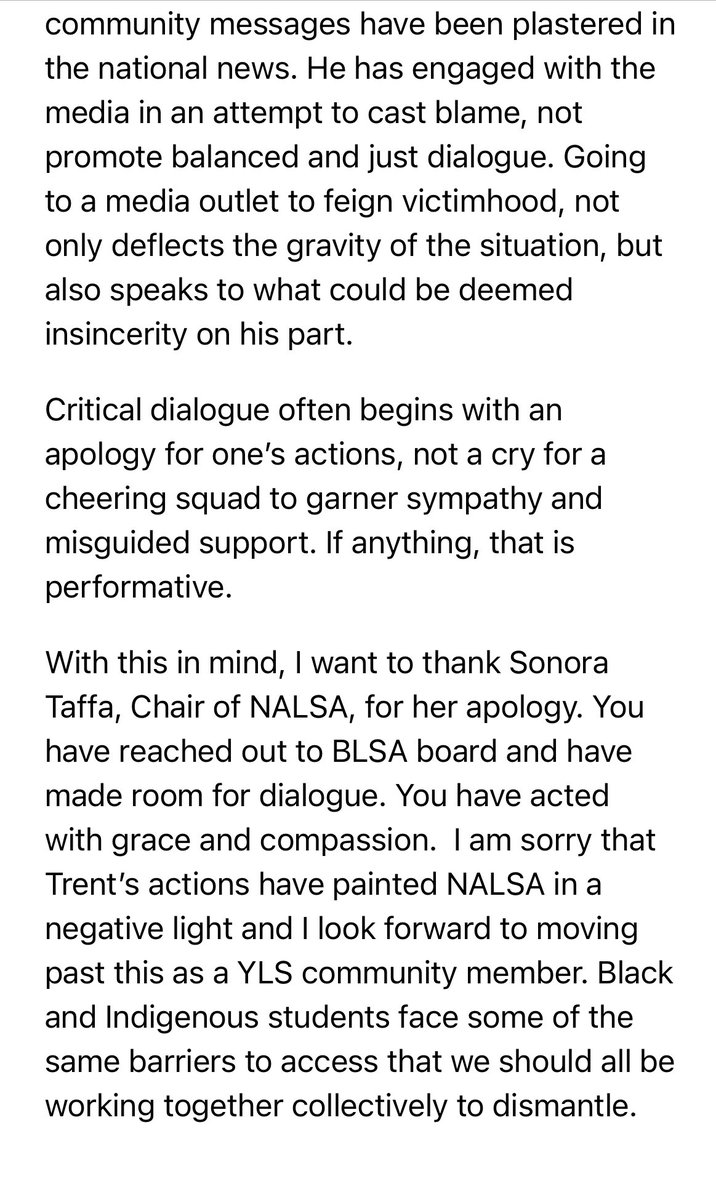
1/ Interesting: @Cravath just withdrew as counsel in an antitrust case against Google, where Cravath was representing the liquidation trust for Unlockd, a startup that alleges that Google’s anticompetitive behavior drove it into bankruptcy. 



2/ Cravath is being replaced by a @Cadwalader team led by Nicholas Gravante, Philip Iovieno, and Jack Stern. The three joined Cadwalader last year from Boies Schiller as part of CWT’s big push to grow its litigation practice.
bit.ly/3mu050b
bit.ly/3mu050b
3/ Fun fact: Nick Gravante, the high-powered litigator and Cadwalader partner who’s picking up the Unlockd case from Cravath, started his career as a Cravath associate.
4/ I wonder whether the Cravath withdrawal had anything to do with its work defending Facebook in different antitrust litigation—in which Google is a co-defendant. 

5/ When it comes to conflicts, whether direct adversity or positional conflicts, Big Tech antitrust cases can be tricky for Biglaw firms, since they might end up on either the plaintiff or defense side, depending on the client and case.
6/ Contrast this with, say, class-action securities cases or products liability cases or government investigations, where the Biglaw firms will almost always be on the defense.
7/ Cravath itself is a good example of a firm that does both plaintiff and defense work: it represents Epic Games in ongoing antitrust litigation where Epic is the plaintiff against Apple.
8/ I also wonder whether Big Tech antitrust cases can create conflicts for Biglaw firms that cause them to lose out on lucrative corporate work.
I’d be interested in hearing how often firms ask clients to waive conflicts (and how often the clients agree).
I’d be interested in hearing how often firms ask clients to waive conflicts (and how often the clients agree).
• • •
Missing some Tweet in this thread? You can try to
force a refresh














